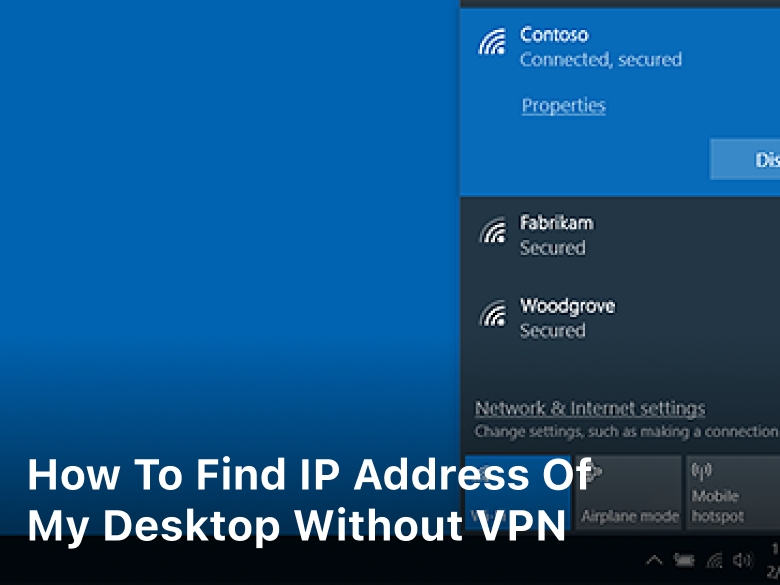
When it comes to using a VPN for freelancing sites like Upwork or Freelancer, the legal implications can depend on where you’re located and where the VPN service is based.
VPN for freelancing
In general, using a VPN is legal in most countries, but there may be certain restrictions or regulations in place that could affect your use of a VPN. For example, some countries have laws that prohibit the use of VPNs to bypass government censorship or access blocked content.
Additionally, when using a VPN to access freelancing sites, it’s important to be aware of the terms of service for those sites, as they may prohibit the use of VPNs. This is particularly true for Upwork and Freelancer, which are both US-based companies and are required to comply with US laws. For example, the term of service of Upwork and Freelancer both prohibit users from using a VPN or proxy to access or use the service.
It’s also important to note that using a VPN could potentially affect your ability to get paid for work completed through Upwork or Freelancer. This is because payment processors such as PayPal or Stripe can detect the use of a VPN, and may flag your account as a result. As VPN use is also also a security threat for the platform and could also negatively affect your reputation as a freelancer.
Overall, while using a VPN is generally legal, it’s important to be aware of any restrictions or regulations in your country and to follow the terms of service for any freelancing platforms you use.
Using a VPN (Virtual Private Network) can have its benefits, such as enhancing your online privacy and security by encrypting your internet connection and masking your IP address. It can also allow you to bypass geographic restrictions and access content that may be blocked in your location.
When it comes to choosing a VPN, there are both free and paid options available. Free VPNs may have limitations, such as data caps, slower speeds, and a smaller selection of server locations. They may also collect and sell your data to third parties, which can compromise your privacy.
On the other hand, paid VPNs typically offer more robust features, faster speeds, a wider range of server locations, and better privacy protections. They often have stronger encryption protocols and more reliable customer support. Paid VPNs also tend to have strict no-logs policies, meaning they don’t store or track your online activities.
If you are a freelancer and prioritize online security and privacy, using a paid VPN can provide you with more comprehensive protection. It’s important to research different VPN providers, read reviews, and compare their features, pricing, and reputation to choose the one that best suits your needs.
Advantages of freelancer using a VPN. where a Freelancer often taken and coopertes with parties foreign countries. then, the recommendation of VPN for freelance is very nedded.
some freelance benefit of using VPN : .
Using a VPN (Virtual Private Network) can offer several advantages to freelancers. Here are some of the benefits:
- Enhanced Online Security: VPNs encrypt your internet connection, adding an extra layer of security to your online activities. This encryption helps protect your sensitive information, such as login credentials, financial transactions, and client communications, from potential hackers or eavesdroppers.
- Privacy Protection: VPNs hide your IP address and replace it with the IP address of the VPN server you’re connected to. This helps maintain your privacy by preventing websites, clients, or third parties from tracking your online activities, location, or personal information.
- Remote Work Access: If you frequently work remotely or travel, a VPN can allow you to securely access your work files, documents, and systems from anywhere. It creates a secure connection between your device and your work network, ensuring that your data is transmitted safely over the internet.
- Bypassing Geographic Restrictions: Some freelancers may need to access content or websites that are restricted in their location. A VPN can help bypass these restrictions by connecting to a server in a different location, making it appear as if you’re accessing the internet from that location.
- Safer Public Wi-Fi Usage: When working from public Wi-Fi networks, such as in coffee shops or airports, there is a higher risk of data interception or unauthorized access. By using a VPN, you can encrypt your connection and protect your data from potential threats lurking on the same network.
- Client Communication and Collaboration: VPNs can provide a secure and private channel for communicating and collaborating with your clients. You can share files, exchange sensitive information, or have video conferences knowing that your connection is encrypted and protected.
However, it’s important to note that while VPNs offer advantages, they are not a complete solution for all security and privacy needs. It’s essential to follow best practices in cybersecurity, use strong passwords, keep your devices and software up to date, and use reputable VPN providers to ensure optimal protection.




